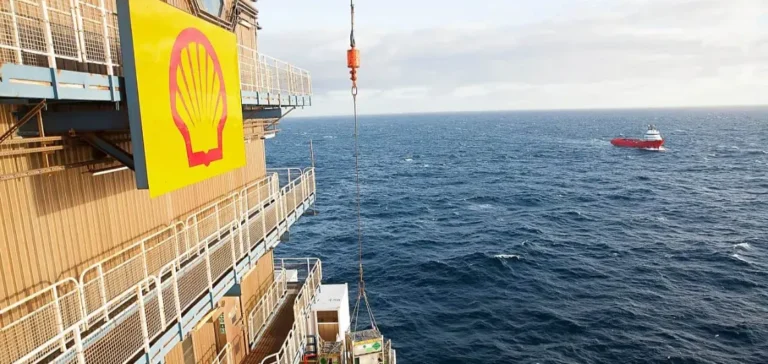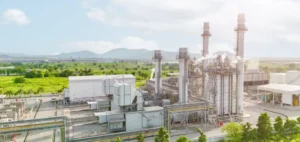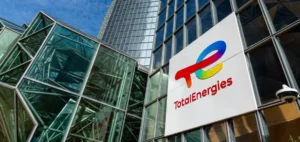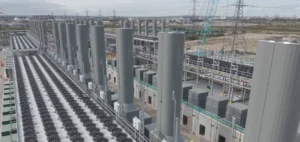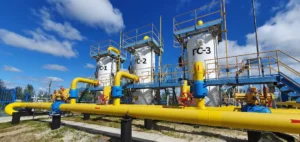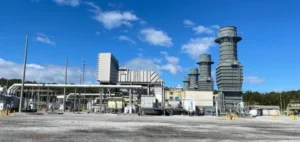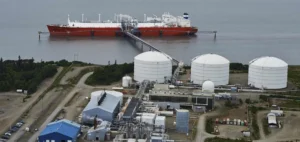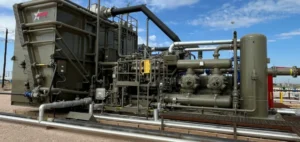Shell UK Ltd has entered into an agreement with Ithaca Energy plc to transfer a 50% interest in licences P2629 and P2630, which include the Tobermory gas discovery located in the Northern Flett sub-basin, west of the Shetland Islands. Shell retains operatorship and half of the economic interest, reinforcing an existing partnership on the Tornado project in the same geographical area. The deal comes as the United Kingdom imposes an effective tax rate of 78% on oil and gas profits.
A gas cluster under fiscal pressure
Tobermory joins a strategic cluster of undeveloped assets West of Shetland, including Tornado, Rosebank and Cambo, where Ithaca already holds various stakes. This concentration allows for technical and logistical synergies, particularly through potential shared connections to the Shetland Gas Plant. The current fiscal framework, shaped by the Energy Profits Levy (EPL), is a major constraint, though associated “investment allowances” paradoxically incentivise capital deployment on already licensed assets.
The transaction allows Shell to reduce its capital exposure on a project still far from final investment decision (FID) without relinquishing technical leadership. This risk-sharing structure, coupled with retained operatorship, aligns with a portfolio strategy aimed at prioritising quicker-return projects such as Victory, while keeping influence over longer-term developments.
Political risk, technical arbitration and sector trajectory
The West of Shetland area remains subject to mounting regulatory scrutiny, with several projects legally contested, including Jackdaw and Rosebank. Each new development stage is exposed to potential litigation, prompting Shell to adopt an “asset-light operatorship” model. Meanwhile, Ithaca accepts increased geographical and political concentration in exchange for controlled growth potential.
The British government continues to limit new licensing while seeking to secure domestic gas supply. This position creates an unstable balance between climate targets and energy security. The Shell–Ithaca agreement feeds into this debate, sending a signal to authorities on the need for fiscal stability to preserve future investment in the UK Continental Shelf (UKCS).
Impacts on the local value chain
The operation helps sustain a potential project pipeline for the Aberdeen and Shetland supply chain, particularly in subsea engineering and Floating Production Storage and Offloading (FPSO) services. Shell’s continued operatorship provides suppliers with reassurance regarding industrial standards and payment reliability, critical in a context where multiple projects have been suspended due to fiscal pressure.
Ithaca thereby strengthens its position as a North Sea intermediary, capable of acquiring stakes in complex or uncertain-maturity projects. This strategy, already applied to Cambo and Rosebank, appears to reflect a replicable model centred on partnerships with majors undergoing portfolio rationalisation.


